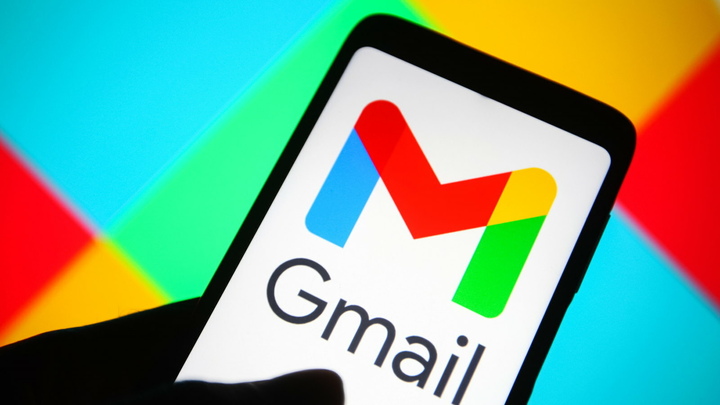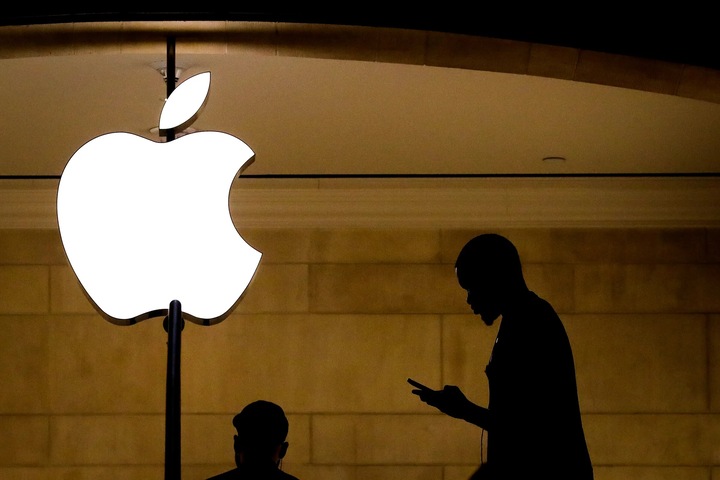How to send a secure email in Gmail?
Email is an essential communication tool in today’s digital world. Sending a secure email is, therefore, crucial to protecting our privacy and security. Gmail is one of the most popular email services globally, and hence it’s important to know how to send a secure email in Gmail.
One can enable Two-factor Authentication (2FA) in Gmail. Two-factor authentication (2FA) is a security feature that requires users to provide two forms of identification before accessing an account. This extra layer of security makes it difficult for cybercriminals to gain access to your Gmail account even if they have your password.

To enable 2FA in Gmail, go to your Google Account settings, click on “Security,” and then enable “Two-Step Verification.” You can choose to receive a verification code via SMS, a phone call, or an authenticator app.
Also Read: Is Microsoft going to unbundle Teams and Office?
A strong password is crucial in keeping your Gmail account secure. Avoid using easily guessable passwords such as “password,” “123456,” or your name. Instead, use a combination of letters, numbers, and special characters.
Additionally, do not reuse passwords across multiple accounts. You can use a password manager to generate and store strong passwords for your Gmail account. Use Encryption to Protect Email Content
Encryption is a method of encoding data to make it unreadable to unauthorized users. Gmail uses Transport Layer Security (TLS) to encrypt email content in transit. However, if you want to add an extra layer of security, you can use end-to-end encryption.
End-to-end encryption encrypts email content from the sender’s device to the recipient’s device, making it difficult for anyone to intercept or read the email content. You can use third-party tools such as ProtonMail, Tutanota, or Virtru to send encrypted emails in Gmail.
Gmail’s Confidential mode is a feature that allows you to add an extra layer of security to your email. When you enable Confidential mode, you can set an expiration date for the email, and you can also choose to require a passcode to open the email. Additionally, Confidential mode emails are protected from forwarding, copying, printing, or downloading.
To use Confidential mode in Gmail, compose your email as usual, but before you hit send, click on the lock icon located at the bottom of the compose window. This will enable Confidential mode, and you can set the desired settings before sending the email.
Avoid Clicking on Suspicious Links and Attachments. Phishing emails are a common tactic used by cybercriminals to steal sensitive information. Always verify the authenticity of the email before clicking on any links or attachments. Additionally, you can use anti-malware software to scan any attachments before opening them.
Regularly updating your Gmail account and devices is crucial in keeping them secure. Software updates often include security patches that fix vulnerabilities that cybercriminals can exploit. Make sure you update your Gmail account settings, software, and devices regularly to stay protected.
Also Read: What is Auto-GPT and why does it matter?
In conclusion, sending a secure email in Gmail is crucial in protecting your privacy and security. By enabling two-factor authentication, using strong passwords, encrypting email content, using Gmail’s Confidential mode, avoiding clicking on suspicious links and attachments, and regularly updating your Gmail account and devices, you can keep your Gmail account and email content secure.

I am a law graduate from NLU Lucknow. I have a flair for creative writing and hence in my free time work as a freelance content writer.






